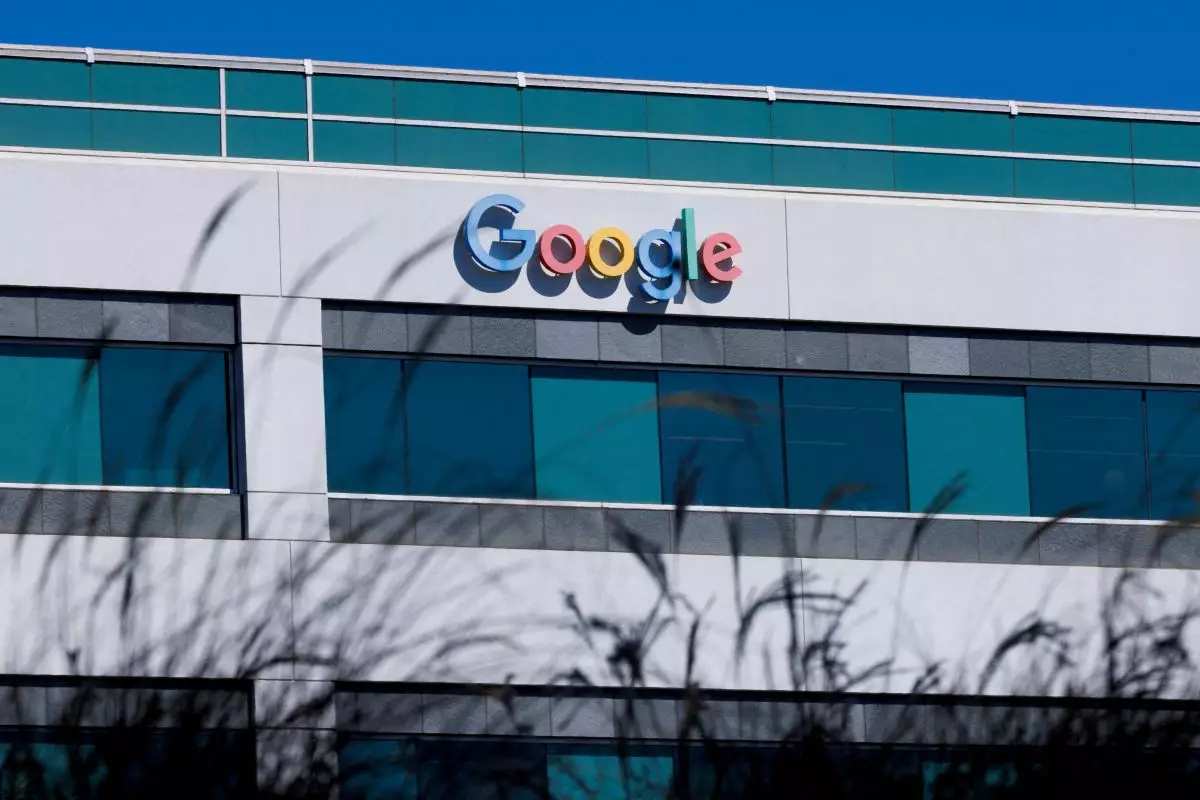The recent decision by U.S. District Judge James Donato in favor of Google marks another significant chapter in the contentious antitrust lawsuit involving the tech giant and Epic Games, the maker of “Fortnite.” Central to this dispute is the Android app store, known as the Play Store, which Epic claims Google has monopolized, stifling competition and limiting consumer choices. The lawsuit’s implications extend far beyond legal boundaries; they delve into issues of market power, consumer rights, and the very nature of digital commerce.
On October 7, 2023, Judge Donato mandated that Google must adapt its Android app store by November 1 to promote alternative downloading options. However, this mandate was put on hold after Google successfully argued that immediate compliance could jeopardize user safety and compromise the integrity of the Android experience. This temporary reprieve allows for further review by the 9th U.S. Circuit Court of Appeals—a critical juncture in the proceedings that highlights the elasticity of legal interpretations surrounding monopolistic practices in the technology sector.
Critics of Google’s practices argue that this pause benefits a company at the center of allegations regarding market control and unfair business practices. Notably, Epic Games characterized Donato’s decision as a mere procedural formality, underscoring that Google’s fears of safety and security risks appear exaggerated and unfounded.
Epic Games has been vocal in its stance against Google’s control, asserting that the tech giant frequently resorts to “fearmongering” to defend its monopolistic behaviors. The company’s insistence that Google’s security claims are baseless reveals a growing frustration with what many see as an excessive exertion of control over the app distribution landscape. Moreover, Epic points to a jury’s earlier ruling that deemed Google’s practices illegal, a considerable assertion that underscores the ongoing debate about open digital markets and consumer sovereignty.
The implications of this lawsuit extend beyond the players involved; they usher in broader concerns over the future of digital marketplaces. If Epic prevails, it could set a precedent paving the way for greater competition in the app market and potentially transform how digital platforms operate. Consumers could benefit from a surge of alternative app stores and payment methods, redefining business relationships between developers and platform holders.
As the legal wrangling continues, Google’s appeal to the 9th Circuit Court will be critical. While Google maintains that it does not behave as a monopoly due to competition from Apple’s App Store, the outcome of this case could reshape the foundational dynamics between app developers and distribution platforms. The broader issues at stake encompass not only the economic viability of app developers like Epic Games but also the overarching digital rights of consumers who wish to navigate and utilize app ecosystems free from the constraints of monopolistic control.
As the case progresses, all eyes will be on the courts to see how they navigate the complex intersection of technology, law, and consumer rights, and whether this lawsuit may herald a new age of competition in the digital marketplace.

Leave a Reply